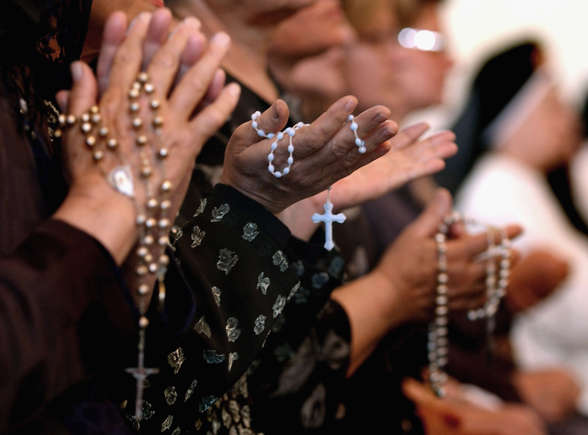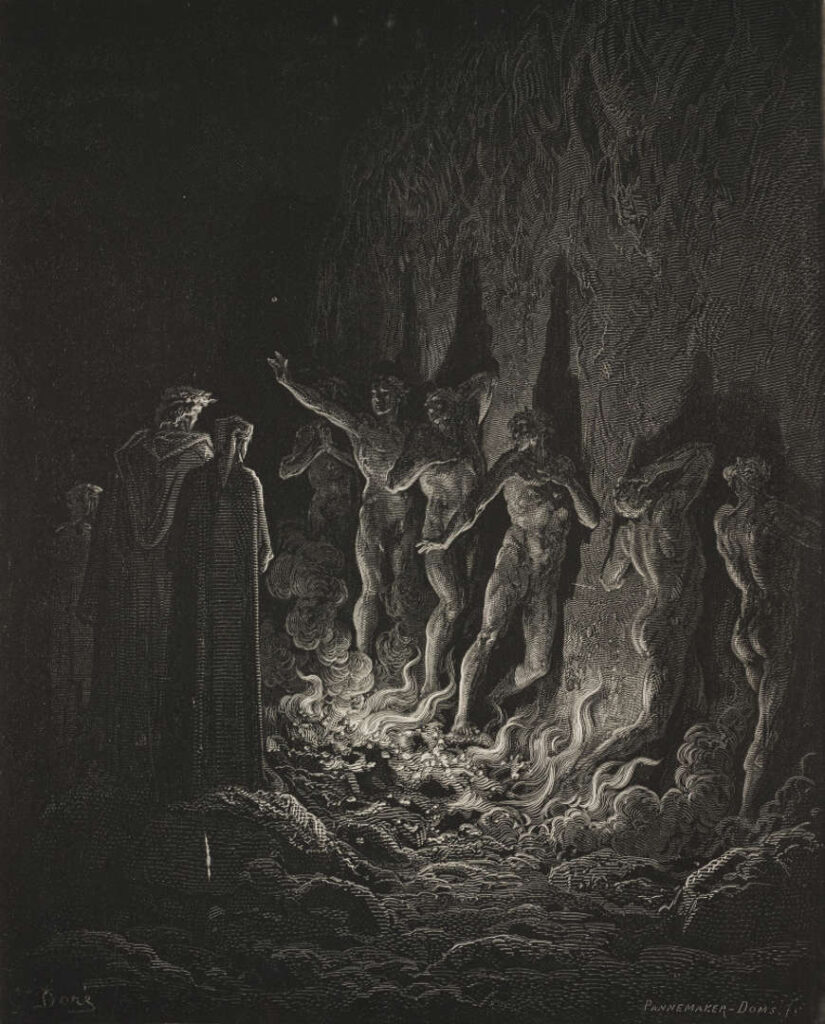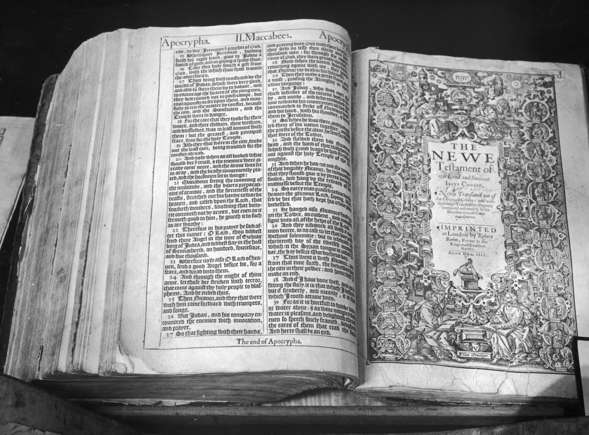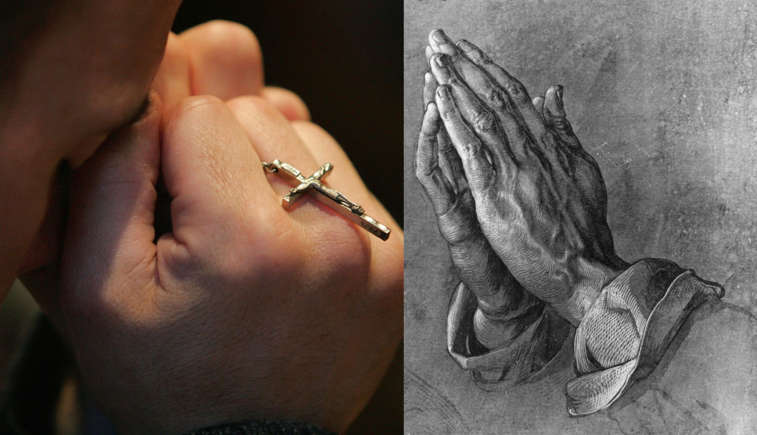
The idea of purgatory, as a state of purification after death for those who have died in God’s grace, is a topic of much debate and discussion within Christianity. While the Roman Catholic Church has formally affirmed the doctrine of purgatory, many Protestant denominations reject it as unbiblical.

The Catholic Understanding of Purgatory
The Catechism of the Catholic Church defines purgatory as “the final purification of the elect… which is entirely different from the punishment of the damned.”1It states that “all who die in God’s grace and friendship, but still imperfectly purified, are indeed assured of their eternal salvation; but after death they undergo purification, so as to achieve the holiness necessary to enter the joy of heaven.”1
The Catholic understanding of purgatory is that it is a state of purification, not a place of eternal punishment like hell. It is believed that those who have died in God’s grace, but are not yet fully purified, must undergo a process of cleansing before they can enter the presence of God in heaven.1This purification is often described as a “purifying fire” that burns away the remaining imperfections and venial sins.1

The Catholic Church bases its belief in purgatory on several biblical passages and the tradition of the early Church. Some of the key scriptural references cited include:
- 1 Corinthians 3:11-15, which speaks of a “purifying fire” that tests the quality of each person’s work.8
- Matthew 12:32, where Jesus suggests that there may be forgiveness in the “age to come.”8
- 2 Maccabees 12:41-46, which describes the Jewish practice of praying for the dead.9
Additionally, the Catholic Church points to the early Christian practice of praying for the dead and the writings of the Church Fathers, such as Origen, Tertullian, and Augustine, who spoke of a purification after death.1
The Protestant Rejection of Purgatory

In contrast, most Protestant denominations reject the doctrine of purgatory, believing it to be unbiblical and a denial of the sufficiency of Christ’s sacrifice.9Protestants generally hold to the belief that upon death, a person is immediately judged and either enters heaven or hell, based on their faith in Christ.48The primary argument against purgatory from a Protestant perspective is the lack of explicit biblical support for such a doctrine.510While Protestants acknowledge the scriptural references cited by Catholics, they interpret these passages differently, seeing them as referring to the general judgment at the end of time, rather than an intermediate state of purification.8Protestants also argue that the Catholic doctrine of purgatory undermines the sufficiency of Christ’s sacrifice and the doctrine of salvation by grace alone.811They believe that once a person has placed their faith in Christ, they are immediately and fully forgiven, and there is no need for further purification or punishment in the afterlife.11
Scriptural Passages Cited in Support of Purgatory

1 Corinthians 3:11-15
One of the key passages cited by Catholics in support of purgatory is 1 Corinthians 3:11-15, which reads:
“For no other foundation can any one lay than that which is laid, which is Jesus Christ. Now if any one builds on the foundation with gold, silver, precious stones, wood, hay, stubble—each man’s work will become manifest; for the Day will disclose it, because it will be revealed with fire, and the fire will test what sort of work each one has done. If the work which any man has built on the foundation survives, he will receive a reward. If any man’s work is burned up, he will suffer loss, though he himself will be saved, but only as through fire.”9Catholics interpret this passage as referring to a purification process after death, where a person’s works are tested by fire, and any imperfections or venial sins are burned away, while the person themselves is saved.89They argue that this “purifying fire” cannot refer to either heaven or hell, as it involves the salvation of the individual, despite the loss of some of their works.9Protestants, however, interpret this passage differently, seeing it as referring to the general judgment at the end of time, rather than a purgatorial state after death.89They argue that the focus of the passage is on the rewards that believers will receive for their good works, not on the purification of their sins.9
Matthew 12:32
Another passage cited by Catholics in support of purgatory is Matthew 12:32, where Jesus says, “And whoever says a word against the Son of man will be forgiven; but whoever speaks against the Holy Spirit will not be forgiven, either in this age or in the age to come.”9Catholics argue that this passage suggests the possibility of forgiveness in the “age to come,” implying a state of purification after death.811 They believe that this supports the idea of purgatory, where those who have died in God’s grace, but are not yet fully purified, can receive forgiveness and cleansing. Protestants, however, interpret this passage differently, seeing it as a reference to the distinction between the age of the Old Covenant and the age of the New Covenant, rather than a distinction between this life and the afterlife.8
2 Maccabees 12:41-46
The Old Testament book of 2 Maccabees, which is considered apocryphal or deuterocanonical by Protestants, contains a passage that is often cited by Catholics in support of the doctrine of purgatory. In this passage, the Jewish leader Judas Maccabeus offers prayers and sacrifices for his fallen soldiers, who were found to have been wearing pagan amulets.9
The passage states that Judas “took up a collection… and sent it to Jerusalem to provide for a sin offering. In doing this he acted very well and honorably… Therefore he made atonement for the dead, that they might be delivered from their sin.”9Catholics argue that this passage demonstrates the ancient Jewish practice of praying for the dead, which they believe is a basis for the Catholic doctrine of purgatory.9 They believe that this practice was carried over into the early Christian church and is reflected in the writings of the Church Fathers. Protestants, however, reject the use of this passage as evidence for purgatory, as they do not consider the book of 2 Maccabees to be part of the inspired canon of Scripture.9 They argue that the practice of praying for the dead, as described in this passage, does not necessarily imply the existence of purgatory.
Other Scriptural Passages and Early Christian Writings
In addition to the passages mentioned above, Catholics also cite other biblical and early Christian writings in support of the doctrine of purgatory.One such passage is Matthew 5:25-26, where Jesus speaks of a person being “put in prison” until they have “paid the last penny.”9Catholics, such as Tertullian, have interpreted this as a metaphorical reference to the purification that takes place in purgatory.9Protestants, however, argue that this passage is referring to the need for reconciliation in this life, rather than a state of purification in the afterlife.9Additionally, Catholics point to the writings of the early Church Fathers, such as Origen, Tertullian, and Augustine, who spoke of a purification after death.1 They believe that this demonstrates the early Christian belief in a state of purification between death and the final judgment. Protestants, on the other hand, argue that these writings do not necessarily support the Catholic doctrine of purgatory, as they may be referring to a more general state of purification, rather than a specific place or process.4
The Role of Tradition and the Development of Purgatory
While the biblical support for purgatory is a matter of debate, the Catholic Church also emphasizes the role of tradition in the development of this doctrine.13The Catholic Church believes that the idea of purification after death has roots in the ancient Jewish and early Christian traditions, even if the term “purgatory” was not used.13They argue that the practice of praying for the dead, as seen in 2 Maccabees and the writings of the Church Fathers, is a reflection of this belief.19Over time, the Catholic Church believes that the doctrine of purgatory was further developed and defined, with the term “purgatory” becoming more commonly used in the 12th century.1This process of development is seen as a natural progression of the Church’s understanding of the afterlife, rather than a completely new invention.4Protestants, however, are more skeptical of the role of tradition in the development of doctrine, believing that the Bible should be the sole authority for Christian beliefs.4 They argue that the lack of clear and explicit biblical support for purgatory, as well as the potential contradictions with the doctrine of salvation by grace alone, make it an unacceptable doctrine for Protestants.
Conclusion
The debate over the existence of purgatory within Christianity is a complex and long-standing one. While the Roman Catholic Church has formally affirmed the doctrine of purgatory, based on biblical passages, early Christian writings, and the tradition of the Church, many Protestant denominations reject it as unbiblical.
The key points of contention center around the interpretation of specific scriptural passages, the role of tradition in the development of doctrine, and the implications of the doctrine of purgatory for the understanding of salvation and the sufficiency of Christ’s sacrifice.
Ultimately, the debate over purgatory highlights the different approaches to biblical interpretation and the role of tradition within the wider Christian community. As with many theological discussions, reasonable people can disagree on the interpretation of the evidence and the conclusions that should be drawn.







